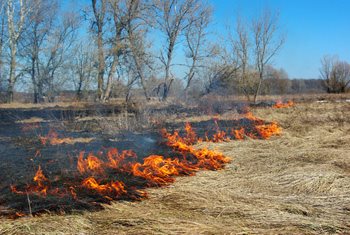Fatal Accidents
A fatal
accident is an accident that results in the death of one or more individuals.
Fatal accidents are classified as a type of preventable death, which exist as
anomalies and occur out of the ordinary. Within the United States, the number
of fatal accidents and preventable deaths reaches upwards of 105,000 cases on
an annual basis.
The Nature of Fatal Accidents
Although all fatal accidents result in death, the
expediency of death varies. While some fatal accidents result in sudden death,
others result in eventual death. Examples of fatal accidents resulting in
sudden death and those that result in eventual death are similar. However, the
severity of the injury sustained designates the duration of time prior to
death.
The
reason(s) for the death of two passengers involved in a fatal car accident can
vary in nature, while existing within the scope of a fatal accident. While one
passenger may have been killed immediately by blunt-force trauma due to the car
accident, the other could have died three days later from a collapsed lung
resulting from that same car accident. Regardless of the expediency of the
respective fatalities, both of these cases are classified as fatal accidents.
Fatal Accident Liability
The nature of the term “accident” suggests that an
event is unplanned, yet there exists a wide range of liability, fault, and
analysis upon the investigation of a fatal accident. Fatal accidents resulting
from negligence are considered to be involuntary. This means that although the
accident occurred due to negligence, the event lacks malice and/or
premeditation. In these cases, the individual responsible for the negligent
act(s) is considered to be held responsible, and thus liable, for the fatal
accident.
The
following are some examples of negligent fatal accidents:
Vehicular manslaughter resulting from reckless
operation of a motor vehicle, driving under the influence, or driving while
intoxicated;
Unlawful operation of equipment, machinery, or
specialized tools deemed unsafe in a civilian setting, such as construction
accidents and/or death in the workplace, due to negligence;
Unlawful, untrained, careless, and/or impaired
operation of a firearm that results in fatality;
Fatal accidents resulting from faulty products
and/or defective manufacturing;
The irresponsible and unlawful sale of
substances.
Legal Recourse for Fatal Accidents
Fatal accidents resulting from chance occurrences
in which no fault is attributed can still retain certain levels of liability,
yet the level of liability tends to be far less severe than liability assigned to
fatal accident cases resulting from negligence. Individuals involved in fatal
accidents, which do not illustrate expressed fault or liability, are encouraged
to consult with attorneys specializing in cases involving fatal accidents. The
assessment of a fatal accident case by a legal expert can shed light on
pertinent, and oftentimes overlooked, details of the case.
